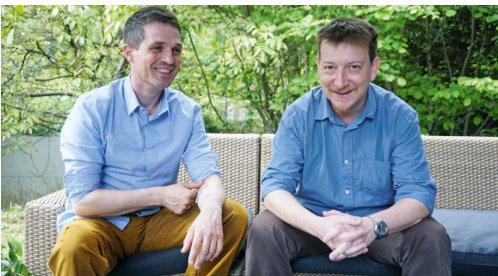We are all witnesses that many a 1._ about the ‘brave new world’ scheduled for the 21st century simply did not 2._ true – both predictions of 3._ and unprecedented 4._ alike. However, a lot of the previously unthinkable is here: despite a deeply 5._ scepticism, telecommuting and e-commerce are 6._ off even in Croatia.
In business, experts try to 7._ both what will happen and how, in order to turn any potential 8._ into a profit-making opportunity. They also take into account the possibility of things unexpectedly going right, such as the US technology boom and the collapse of Communism in Eastern Europe in the 1990s. In these two cases forecasters were blamed for the missed opportunities and loss of revenue.
There is also a market for analyses that look further into the future and offer 9._-in-the-sky ideas that might eventually become everyday phenomena. The 10._ Internet once used to be just somebody’s 11._ idea. On the other hand, it might be just wishful thinking that many of your belongings should soon have 12._ information which could, for instance, enable our various pieces of clothing to communicate with each other.
Experts who make a living out of 13._ future often hold a degree in Futures Studies, Foresight, or Futurology, described as ‘the science, art and practice of 14._ possible, probable, and preferable futures and the worldviews and myths that 15._ them’. They 16._ various scientific methods such as mathematic modelling and statistics in developing scenarios of different futures.



